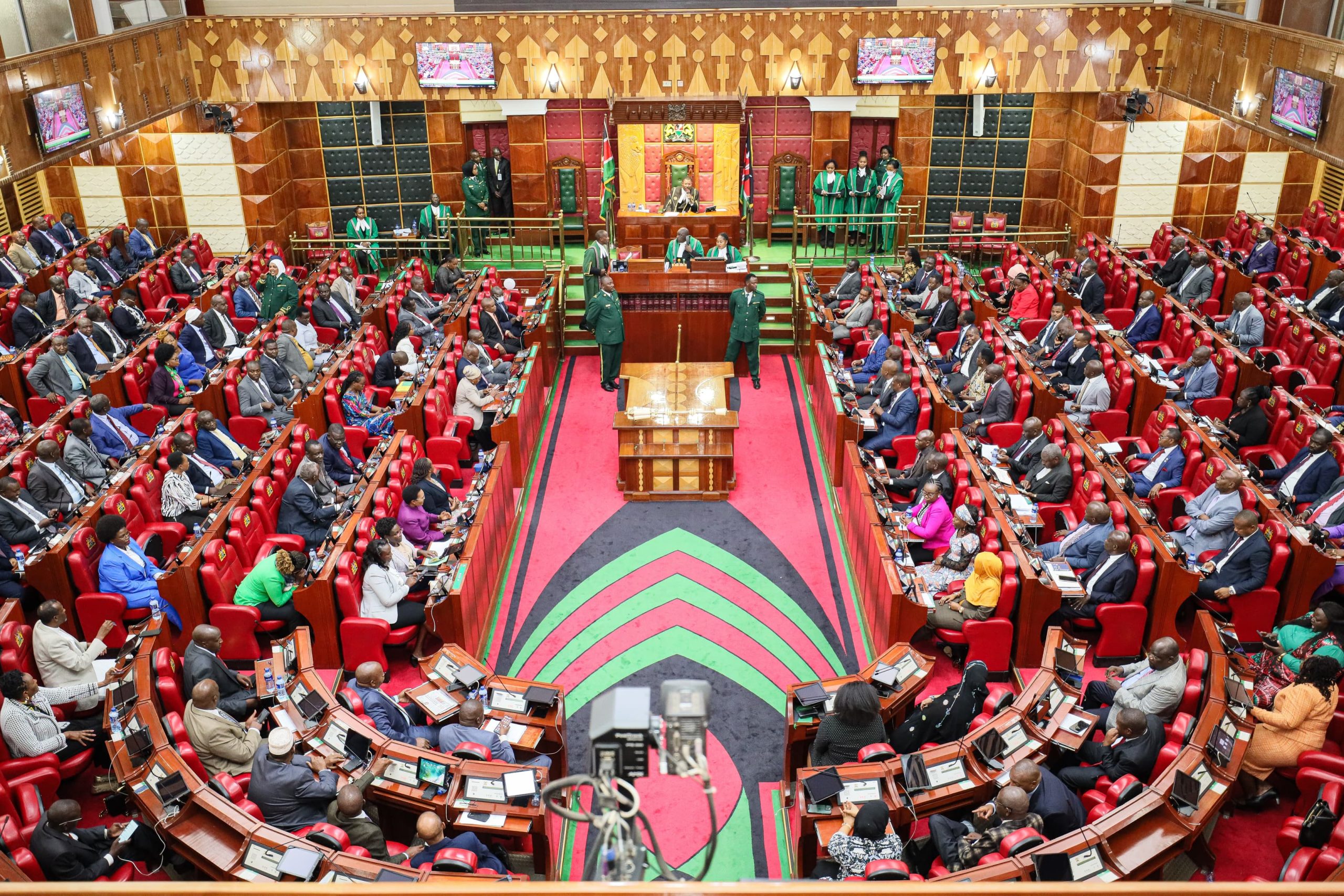
NA moves to shield boda boda riders from predatory digital lenders

The National Assembly Committee on Finance and National Planning has kicked off the process to shield boda boda operators from the grip of predatory digital lenders.
This follows a series of public participation forums to gather nationwide input on three critical Bills aimed at reforming laws governing digital lending.
The proposed amendments, contained in the Tax Laws (Amendment) Bill 2024, Tax Procedures (Amendment) Bill 2024, and Business Laws (Amendment) Bill 2024, aim to introduce fair practices and transparency in the Buy-Now-Pay-Later (BNPL) credit sector.
These legislative efforts come in response to petitions from boda boda operators who raised concerns about exploitative lending practices. Their petition prompted the Finance and National Planning Committee to investigate allegations of predatory behaviour by unscrupulous lenders.
The Business Laws (Amendment) Bill 2024 seeks to regulate micro-lending and protect borrowers by introducing stricter rules for non-deposit-taking credit providers. Among the proposed changes, borrowers will receive clear and accurate information about loan terms, associated financial costs, and their rights and duties.
The Bill also proposes amending the Central Bank Act to mandate licensing for all non-deposit-taking credit providers. This measure aims to eliminate unregulated lenders and enforce a standard code of conduct.
Digital lenders will be required to disclose full lending terms, maintain confidentiality of borrower information, and operate within a legally sanctioned framework. The Bill also prohibits harassment, abuse, or the use of threatening language during loan recovery. Violators will face penalties under the proposed legislation.
If passed, these amendments will empower the Central Bank to oversee the digital lending sector and ensure compliance, complementing ongoing efforts by the Office of the Data Commissioner to protect borrowers’ rights.
The proposed reforms underscore the government’s commitment to creating a fair and transparent digital lending landscape. By addressing exploitative practices in the BNPL sector, the legislation aims to bring stability to the boda boda sector, which serves as a critical pillar of Kenya’s economy.
With potential penalties for non-compliance, the Bills mark a significant step in safeguarding borrowers, promoting ethical lending practices, and curbing illegal credit operations.
